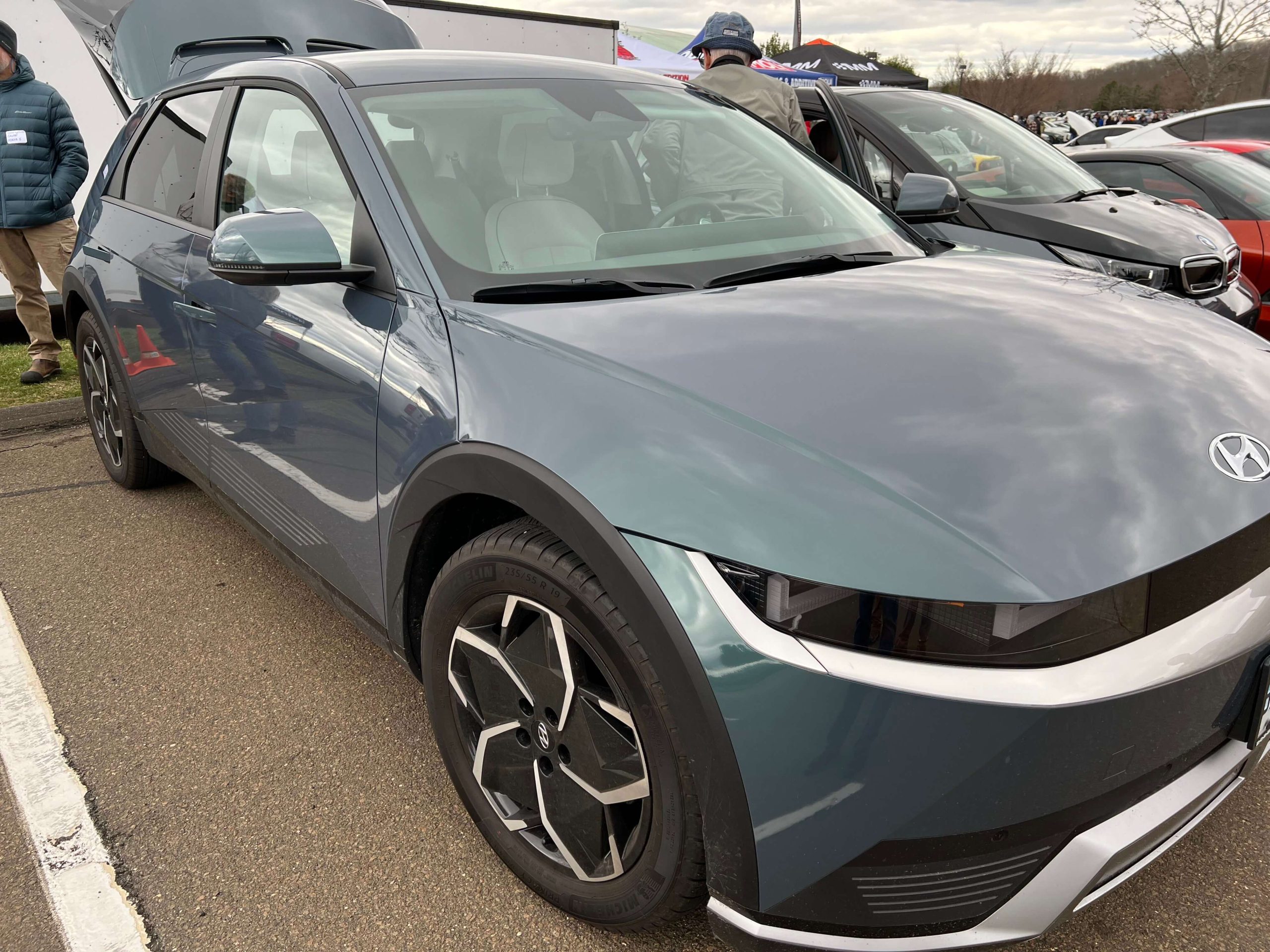Can Leasing Be a Workaround for the IRA EV Incentive Restrictions?
Post by Barry Kresch
This notion was floated a while back and I dismissed it as a fringe theory. However, it seems to be gaining traction.
The EV incentive is complicated, confusing, and a moving target. There are a lot of rules for consumers to understand. Manufacturers have to re-orient their supply chains in a hurry if they want to be compliant with battery and final assembly rules. And the IRS has not yet finished its battery-related rule-making, leaving us in a state of partial implementation for at least 3 months. Even a high level listing of all the rules is exhausting to read: North American final assembly, battery critical minerals sourcing percentages, entities of concern rule, battery North American manufacturing percentages, MSRP cap, income caps, confusing body-style rules, transfer option. It’s a lot.
These rules apply to consumer purchases of a new EV. There are also incentives for commercial EV purchases. There are some important differences, but the salient point for this post is that none of the consumer restrictions apply to commercial. When an individual leases a vehicle, the incentive goes to the dealer/lessor, which is a commercial entity. So does it, therefore, get classified as a commercial transaction? Consumer Reports writes that they have been told this is the case by a spokesperson at the Treasury Department.
The commercial incentive is 30% of the cost of a BEV/15% of the cost of a PHEV or the incremental cost over a replacement vehicle. These are capped at $7500 for vehicles under 14,000 pounds (light duty) and $40,000 for vehicles over 14,000 pounds. Per the Department of Energy, all light duty BEVs and most PHEVs qualify for the full $7500.
In addition to Consumer Reports, this has been reported in other major press outlets and is being discussed seriously by other organizations that are closely reading the IRS text. Senator Joe Manchin is hurling thunderbolts that he adamantly opposes this interpretation, that it goes against the intent of the law. He’s right about that, of course, but that may not matter. It’s the IRS’s ballgame now, (Section 45W). It could potentially be addressed legislatively but nothing is happening in this Congress (as of this writing, not even a Speaker). The fact that Manchin is that exercised is an indication that he is taking this seriously.
This seems to be the relevant language from the IRS:
“Q5. Is a taxpayer that leases clean vehicles to customers as its business eligible to claim the qualified commercial clean vehicle credit? (added December 29, 2022)
A5. Whether a taxpayer can claim the qualified commercial clean vehicle credit in its business depends on who is the owner of the vehicle for federal income tax purposes. The owner of the vehicle is determined based on whether the lease is respected as a lease or recharacterized as a sale for federal income tax purposes.”
A typical 36 month lease should qualify (i.e. not be in danger of being reclassified as a sale).
Leasing has always been a way for someone who does not have enough tax liability to make use of the full tax credit because it goes to the dealer. It is up to the buyer to press the seller for transparency regarding how much it is lowering the monthly payment as the seller is not legally obligated to pass it on to the consumer.
This is a major development. We will follow this and provide updates as they become available. If anyone tries to obtain this incentive, please share your experience with us.
One other note – while we are in this period before the battery minerals sourcing and manufacturing rules go into effect and the old battery rules are still in force (meaning incentives are most likely higher than they will be once the rules are implemented), Treasury has announced that eligibility for these temporarily higher incentives requires physically taking possession of the vehicle (the IRS language is “placed in service”) before the rules are in effect. A firm contract is not good enough, as it was regarding the August 16th start of the final assembly rule.
The photo at the top of the post is of a Hyundai Ioniq 5. It has been a well-received EV but is currently excluded from incentives because it is imported (though they’re building a factory in Georgia). It is one of the more significant models to be affected by this prospective development.


1 thought on “Leasing Loophole?”
Comments are closed.